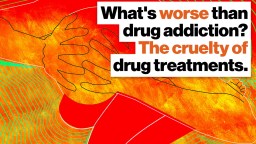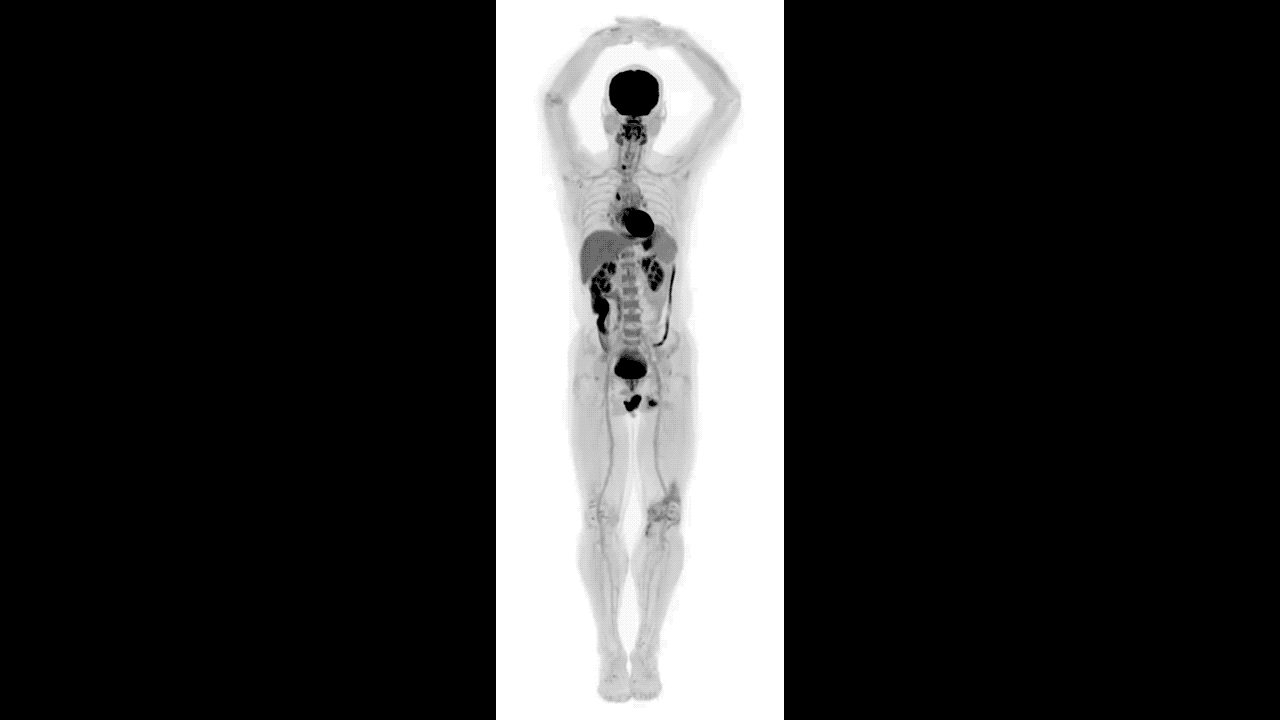Health
All Stories
Drug treatment centers pose potential threats to drug addicts.
▸
5 min
—
with
Scientists say the virus monitors bacterial chemical exchanges
A tech-minded approach to drug fraud could squash those who enable the deadly opioid crisis.
▸
5 min
—
with
MIT researchers have discovered how to turn wasp venom into an antibiotic.
The bold technique involves surgically implanting a so-called microneedle patch directly onto the heart.
The National Institutes of Health recently began a $300-million study to examine the effects of screen time on developing brains.
More and more research points to a serious mistake we made in how biomechanics works.
The quick test would be a breakthrough in cancer treatment.
Altria Group Inc., maker of Marlboro cigarettes, said it’s taking a 45 percent stake in Cronos Group, a major Canadian medical and recreational marijuana provider.
Phone usage was found to have similar reinforcing tendencies as eating or doing drugs.
Deceased donations could greatly improve fertility treatments for women with uterine problems.
Mothers who tested positive for chemicals found in common cosmetic products were more likely to have girls who hit puberty early.
Ketamine is showing promise in alleviating suicidal thoughts.
The first list of antidepressant food scores restructures the “standard” American diet.
A semi-scientific test of touchscreen kiosks in eight McDonald’s restaurants in the U.K. have caused alarm that microbiologists say is unwarranted.
There is no universal diet or exercise program.
Verily, a branch of Google’s parent company, recently finished its second study of a counterintuitive technique that kills mosquitoes without using traditional insect sprays.
Big Think expert Dr. Jennifer Doudna, a professor at UC Berkeley and co-inventor of CRISPR-Cas9 genome editing technology, issued a statement responding to a scientist’s recent claim that he helped create the world’s first genetically edited babies.
The damage might not be “as bad” as traditional cigarettes, but it’s still pretty bad.
A Chinese researcher has sparked controversy after claiming to have used gene-editing technology known as CRISPR to help make the world’s first genetically modified babies.
An unbelievably clear look at what goes on inside our bodies.
Swiss researchers identify new dangers of modern cocaine.
Is everyone’s favorite Thanksgiving centerpiece really to blame for the post-dinner doldrums?
A study on flies may hold the key to future addiction treatments.
A new study shows choosing to be active is a lot of work for our brains. Here are some ways to make it easier.
The results of a recent trial found that a new oral immunotherapy regimen could have life-saving potential.
Four out of every five American adults and children are not moving enough.





























